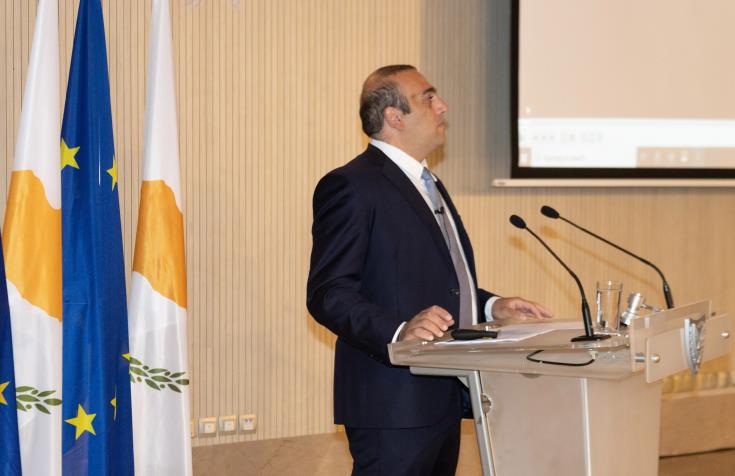Cyprus and Italy are in consultation for training programmes in an effort to suppress illicit trafficking of antiquities and clandestine excavation, Transport Minister Yiannis Karousos has said.
Addressing an event entitled “Digging History – 50 Years of Archaeological Relations Between Cyprus And Italy”, organised by the Italian Embassy in Cyprus in collaboration with the Department of Antiquities, marking the 50 years of archaeological relations between Cyprus and Italy, the Minister said that contacts are already in place with the Cyprus Police, the Department of Antiquities and the Carabinieri for the organisation of a training course on the issue of suppression of clandestine excavation and illicit trafficking of antiquities.
He said growing bilateral relations with Italy have been particularly important, especially in the area of combating illicit trafficking of antiquities, a sector where Italy holds extensive expertise and pioneers in relevant issues.
Specifically, with Italy, he remarked, the collaboration and expertise of the Carabinieri, whose Department for the Protection of Cultural Heritage, is particularly important as they have proven throughout their longstanding establishment that results can be achieved when proper mechanisms are in place.
The Minister said he has been informed that “contacts are already in place with the Cyprus Police, the Department of Antiquities and the Carabinieri for the organisation of a training course on the issue of suppression of clandestine excavation and illicit trafficking of antiquities, which was however been temporarily postponed due to the pandemic.”
Regarding the half-century-old presence of Italian archaeological missions in Cyprus, Karousos said the presence of archaeological research from Italian academics is marked in Cyprus since 1969, by the Italian Archaeological Mission of the National Research Council at Ayia Eirini cemeteries.
He said an increasing number of foreign archaeological missions work in areas under the effective control of the Republic, as a result of the policies enacted by the Department of Antiquities, coupled with a growing international interest in the archaeology of Cyprus. In this framework, we are most delighted that Italy continues to research and promote Cypriot archaeology, he remarked.






Click here to change your cookie preferences